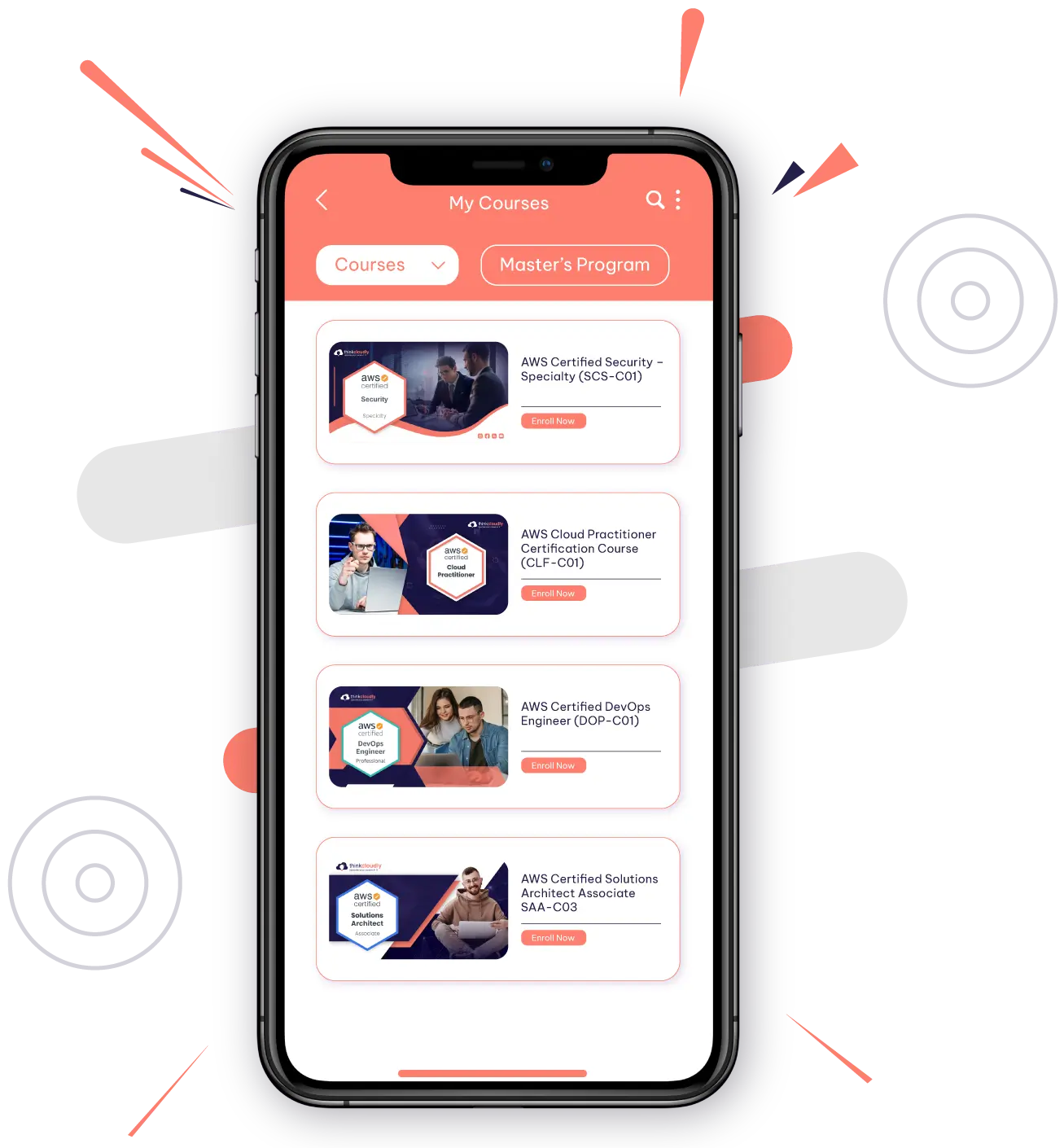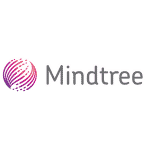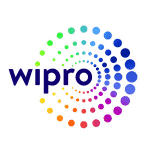IT auditing and Governance, Risk, and Compliance (GRC) Programme
Welcome to ThinkCloudly’s IT Auditing and GRC course!
Our program is your gateway to a thriving career in IT auditing. With industry experts as your guides, you’ll gain practical skills through hands-on practice, even if you’re starting from scratch. The IT job market is eagerly seeking professionals with your expertise, and this course equips you with the knowledge and experience to meet those demands. Join us today and embark on your journey towards a rewarding and in-demand career in IT auditing.
- Expert Guidance: Learn from industry experts.
- Hands-On Practice: Gain real-world experience.
- In-Demand Skills: Meet the job market’s demands.
- Suitable for All Levels: From beginners to advanced learners.

IT Auditing and GRC Course Highlights
In this programme, you will gain proficiency in key IT auditing principles while keeping pace with the latest strategies. You will also have the opportunity to gain practical experience, receive guidance from industry experts, and elevate your career with globally renowned Authentication.
- Basic Concepts
- Leading-edge Approach
- Practical Case Studies
- Expert Guidance
- Worldwide Certification
- Lifetime Access
- Best Security Practices
- Advance Your Career
IT Auditing and GRC Course Learnings
Implementing GRC frameworks.
Accurate audit procedure documentation.
Risk assessment methodologies application.
Evaluating controls and security measures in IT systems.
Utilizing audit tools and techniques for effective assessments.
IT Auditing and GRCCourse Curriculam
Module 0: Fundamentals of IT and Cybersecurity
Unit 1: Basic IT Concepts
- Overview of IT Infrastructure
- Key Components: Hardware, Software, Networks, and Databases
- Introduction to Cloud Computing and Virtualization
Unit 2: Fundamentals of Cybersecurity
- Importance of Cybersecurity in IT
- Common Cyber Threats and Vulnerabilities
- Basic Cybersecurity Practices and Principles
Unit 3: Introduction to IT Governance
- Definition and Importance of IT Governance
- Overview of IT Governance Frameworks
- Role of IT Governance in Organizations
Module 1: Governance Risk and Compliance (GRC)
Unit 1: GRC Principles
- Core Principles of Governance, Risk, and Compliance
- Aligning GRC with Organizational Objectives
- Ensuring Accountability and Transparency
Unit 2: The Role of GRC
- GRC’s Contribution to Business Success
- Basic Case Studies of GRC Implementation
- Introduction to Regulatory Compliance and GRC
Module 2: Basics of IT Security
Unit 1: Introduction to IT Security
- Basic Concepts in IT Security
- Common IT Security Risks and Challenges
- Importance of IT Security in Organizations
Module 3: Introduction to Risk Management
- Understanding the Nature of Risk
- Differentiating Between Risk, Threat, and Vulnerability
- Basic Concepts in Risk Assessment and Prioritization
- Introduction to Quantitative and Qualitative Risk Analysis
- Types of Organisational Risk
- Information security risk
- Risk management
- Risk Assessment Methodology
- Risk Analysis and Evaluation
- Taxonomy of Threat Sources
Module 4: GRC Frameworks and Implementation
Unit 1: Exploring GRC Frameworks
- Detailed Study of Various GRC Frameworks (e.g., COBIT, OCEG)
- Customizing GRC Frameworks for Specific Industries
- Assessing the Effectiveness of GRC Frameworks
Unit 2: Regulatory Compliance Overview
- Understanding the Legal and Regulatory Landscape
- Compliance Obligations for Organizations
- Consequences of Non-Compliance
Module 5: Cybersecurity Controls and Assessments
Unit 1: Planning Control Assessments
- Developing a Control Assessment Strategy
- Identifying Critical Control Points
- Resource Allocation for Assessments
- Risk-Based Control Selection
Unit 2: Developing Security Assessment Plans
- Creating Comprehensive Assessment Plans
- Defining Assessment Objectives and Scope
- Securing Stakeholder Buy-In
Unit 3: Conducting Control Assessments
- Executing Control Assessments and Evaluations
- Gathering Evidence and Documentation
- Collaborative Assessments and Reporting
Module 6: Advanced Risk Management Frameworks
Unit 1: Risk Management Frameworks
- In-depth Study of NIST Cybersecurity Framework
- Comprehensive Understanding of ISO 31000 Risk Management Framework
- Exploring COSO ERM Framework
Unit 2: Continuous Improvement in Risk Management
- Establishing Continuous Monitoring Practices
- Reviewing and Updating Security ControlsLearning from Assessment Finding
Module 7: Advanced Governance Risk and Compliance
Unit 1: Advanced GRC Implementation
- Evaluating the Benefits of GRC
- Recognizing Common Challenges and Limitations
- Strategies for Overcoming GRC Implementation Hurdles
Unit 2: Major Cybersecurity Regulations
- Detailed Study of PCI DSS, HIPAA, and GDPR
- Compliance Assessment and Reporting
- Advanced Compliance Strategies
Module 8: IT Security Internal Audits
Unit 1: Planning and Conducting IT Audits
- Developing a Comprehensive Audit Plan
- Risk Assessment for Cybersecurity Audits
- Executing Cybersecurity Audits and Assessments
- Collecting and Analyzing Evidence
Unit 2: Post-Audit Activities and Continuous Improvement
- Reporting Audit Findings and Recommendations
- Follow-up and Remediation Processes
- Continuous Improvement in Auditing Practices
Unit 3: Best Practices in IT Security Audits
- Staying Current with Cybersecurity Best Practices
- Continual Learning and Professional Development
- Leveraging Industry Resources and Networks
Module 9: Specialized Topics in IT Security and Compliance
Unit 1: Overview of the IT Sarbanes-Oxley Act of 2002
- Financial Reporting and Internal Controls
- SOX Compliance Framework
- Implications for IT Security
Unit 2: ISO/IEC 27000:2013 Compliance
- Introduction to Information Security Management Systems (ISMS)
- Integrating ISO 27001 with Risk Management
- Detailed Exploration of ISO 27001 Clauses and Controls
Training And Package Fee
Training Fee
Designed to get you trained with the core knowledge.
$899.00 Original price was: $899.00.$799.00Current price is: $799.00.
- Online Live Training
- Live Projects
- Resume Building
- LinkedIn Grooming
- Profile Marketing
- Mock Interview Sessions
- Certificate Assistance
Job Seeker's Program Fee
Designed to make you job ready with knowledge, experience, and grooming.
$1400.00 $1150.00
- Online Live Training
- Live Projects
- Resume Building
- LinkedIn Grooming
- Profile Marketing
- Mock Interview Sessions
- Certificate Assistance
One-On-One Training Course @ $1499
- Personal Instructor
- 24*7 Admin Support
- Personalized Study Plan
IT Auditing GRC Course Outcomes
Mastery in executing thorough IT audits.
Proficiency in mitigating IT risks efficiently.
Skill in crafting and refining IT security protocols.
Familiarity with cloud security concepts and practices.
Understanding of regulatory mandates and industry benchmarks.
What roles you can play?
Digital Systems Evaluator
Responsible for meticulously assessing, evaluating, and enhancing the security and governance of IT systems.
Risk Management Analyst
Assesses, monitors, and oversees various digital risk factors within an organization's operational environment.
IT Governance Specialist
Focuses on aligning IT strategies with business goals and implementing effective governance measures.
Regulatory Compliance Specialist
Ensures meticulous compliance of industry regulations, standards, and internal policies by an organization.
Information Security Supervisor
Manages security, confidentiality, integrity, and availability of information systems within organization's infrastructure.
IT Risk Manager
Advise companies on potential risks and technological needs to safeguard business goals and strategies.
Know before you Start
What fundamental concepts does the IT Auditing Principles course explore?
This course highlights core principles including risk assessment, compliance, cyber security and audit methodologies.
How does the curriculum address the dynamic landscape of digital security and governance?
We keep the course content updated by integrating cutting-edge strategies and real-world case studies, ensuring that students are well prepared for emerging challenges.
What practical learning experiences are available to apply knowledge?
Students have the opportunity to apply what they have learned through practical exercises and real-world case studies.
What industry insights and guidance can students expect from our instructors?
Our trainers are experienced industry professionals, who provide valuable guidance and share their practical experiences
What impact does obtaining IT Auditing Principles Certification have on career opportunities?
Earning this globally recognized certification expands career horizons, expanding the possibilities for roles ranging from IT auditing to cybersecurity in today’s digital landscape.
Skills You Will Gain
Risk
Compliance
Data Analysis
InternalAudit
Vulnerability
Governance
Cybersecurity
Audit Planning
IT Controls
Data Privacy
IT Policy
Monitoring
Certification Overview
Can you explain the IT Auditing Principles certification?
IT Auditing Principles certification confirms proficiency in digital security, governance, risk assessment, and compliance fundamentals.
Who is the ideal candidate for this certification?
This certification is suitable for individuals in IT auditing, compliance, or cybersecurity, providing a path to career advancement.
What are the primary benefits?
Attaining this certification enhances career potential, symbolizes expertise and increases job prospects.
What is included in the exam?
The exam evaluates core IT auditing principles, including areas such as risk management, compliance, cybersecurity, and auditing techniques.
How should candidates prepare for the exam?
Effective preparation includes using study materials, practice tests, and gaining practical experience, which are important for success in the exam.
Career Services
Job Assistance
Interview Preparation
Profile Building
Template is not defined.
Template is not defined.
Template is not defined.
Technology Use Cases
IBM
IBM relies on IT auditing certifications to protect security and customer trust for its technology solutions.
Microsoft
Certification of IT auditing principles is important for Microsoft to guarantee cyber security and data protection in its software and cloud services.
Our Students Work at


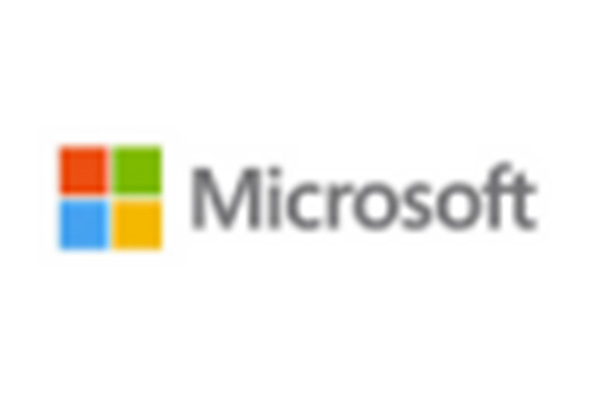

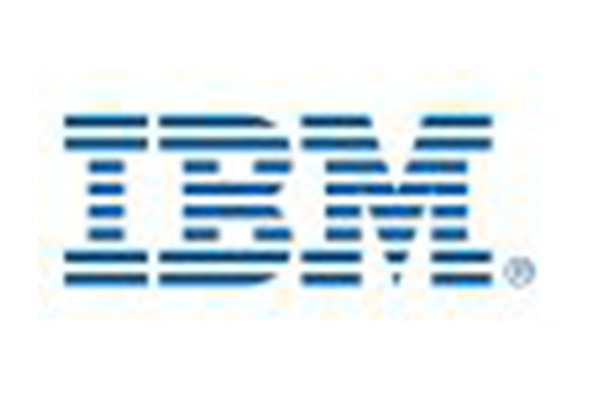





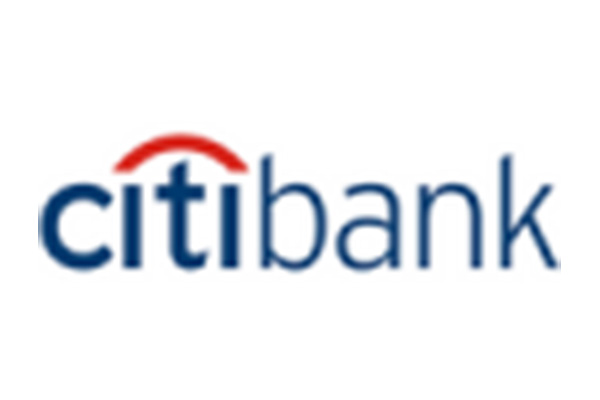

IT Audit Fundamentals Course Reviews
FAQs
What is the payment procedure?
We accept all major credit and debit cards from leading banks. For any assistance, please contact Thinkcloudly Customer Support.
Which course or Plan is best for me?
We offer a variety of ways to learn about the cloud, from quick hands-on labs to technical deep dives. You can ask our experts to help you from their industry experience if you are uncertain about which course or plan to choose.
Would a Demo Session be available before I enroll?
Certainly, you can set up a free demo session, although if you’ve already viewed any sample recordings, you won’t need to look further. The enrollment process signifies a mutual commitment between you and us where you commit to be a good learner and we pledge to provide you with the best possible learning environment. A key part of your learning takes place in our sessions, which are supported by experienced instructors, dedicated Personal Learning Managers, and interactions with your peers. Get the full learning experience, and not just a demo.
When will I be able to access the Learning Content?
You will receive access to the LMS immediately after enrolling and will have it for the rest of your life. You will have access to all previous class recordings, PPTs, PDFs, and assignments. In addition, you will have instant access to our 24×7 support team. You can start learning as soon as possible.
I missed a class, what do I do?
At Thinkcloudly, you’ll never miss a lecture! You can view the recorded session in your LMS anytime also the missed session can be attended in another live batch.
Who are the intructors at Thinkcloudly ?
Teachers and tutors at Thinkcloudly are industry veterans with great experience.
Related Courses
Price: $899.00 Original price was: $899.00.$799.00Current price is: $799.00.
IT auditing and Governance, Risk, and Compliance (GRC) Programme
$899.00 Original price was: $899.00.$799.00Current price is: $799.00.







